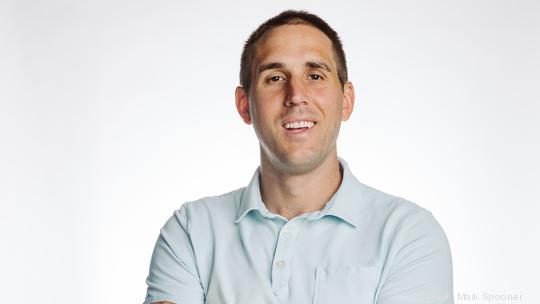
Forty-four million people, including the 25 Ukrainian members of NineTwoThree —accounting for half of our team — awoke to the sounds of Russian bombs falling as their country fell under attack the morning of Feb. 24.
The first priority of our company was to communicate with each person and determine their location and safety. This was followed by providing each member a salary regardless of work contribution for the foreseeable future. We dropped any expectations of work contributions as we understood the situation was fluid and their lives and families' lives took the utmost priority.
Unfortunately, our actions have not been consistent with many others working with Ukrainian developers. Companies like Steam did not communicate with, pay or support their team members. Many IT professionals are not only being forced to defend their homes and cities, but are being told to do so without an assurance of income, a job or even home to come back to.
The response to the war in Ukraine by many in the tech world reveals a failure to uphold the responsibilities of a globalized workforce. The physical distance between leaders and their team members does not mean those teammates can be easily dropped in times of crisis — quite the opposite. In Boston and beyond, it is the responsibility of those who globalize to discover talent to support all while contributing to the people they call teammates. The last thing any Ukrainian member needs to think about is that their American-funded company is going to leave them in the dust because of their “situation.”
From technology hubs like ours in Boston, to the world over, a globalized workforce means that companies are now formulated by people from different cultures, ethnicities, backgrounds and countries. Our 25 Ukrainian team members are a major part of our company identity today.
If you are building a team that is supposed to be filled with “problem solvers,” every IT company in the world should start with Ukrainians. The resilience and strength we have witnessed through this war is unprecedented.
According to DAXX, there are 200,000 Ukrainian developers, and 20% of the Fortune 500 companies have remote-development teams in Ukraine. We, like many American companies, found the talent and work ethics of Ukraine excellent and have enjoyed working with our Ukrainian teammates for many years.
Because we are communicating with our team members constantly, we hear the extreme situation that Ukrainian people are finding themselves in. We have developers that are assisting the army all day — and coding at night. We have teammates traveling into Kharkiv to deliver medicine and blankets then returning to a relative's basement to help transfer money to other teammates.
As we continue to globalize humankind we face the problems of war in more direct ways. Our company, like many, is tied up in the Ukraine war — not because we are watching it on the news, but because we have teammates there. People that we hired to provide advice and contribute to the growth of companies. People that have families that supported their decision to work remotely for an American or European country.
So when a war starts, why on Earth would a company with years of dedication to hiring people for their minds quit on them within the first month of the war? If you benefit from a globalized workforce, make the commitment to support your employees whenever they need it.
Today, every Ukrainian still needs your help. We all can still support them by ensuring that once they win the war they will return to full employment. Many companies have stopped paying Ukrainians. Nonprofit websites have been set up to support these individuals such as the “Ukraine Tech Collective.”
From our headquarters in Boston, we stand with Ukraine and we will continue to support their fight against an unjust invasion to protect the country they call home.
Andrew Amann is CEO of NineTwoThree Digital Ventures in Boston.
Sign up for The Beat, BostInno’s free daily innovation newsletter from BostInno reporter Hannah Green.








